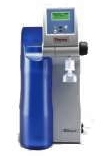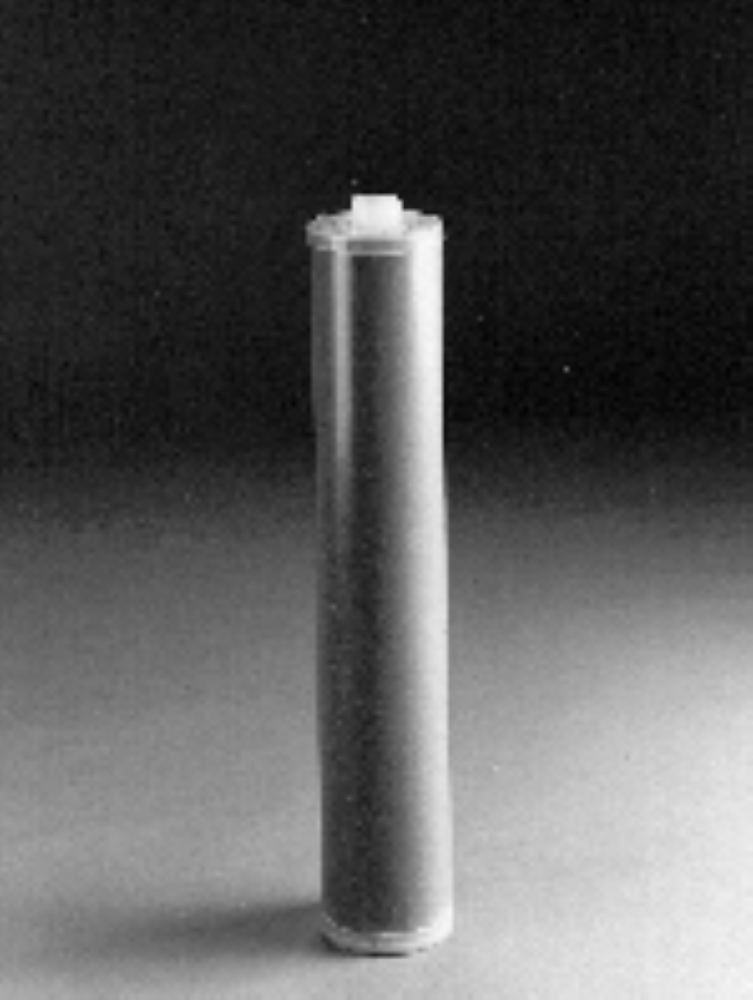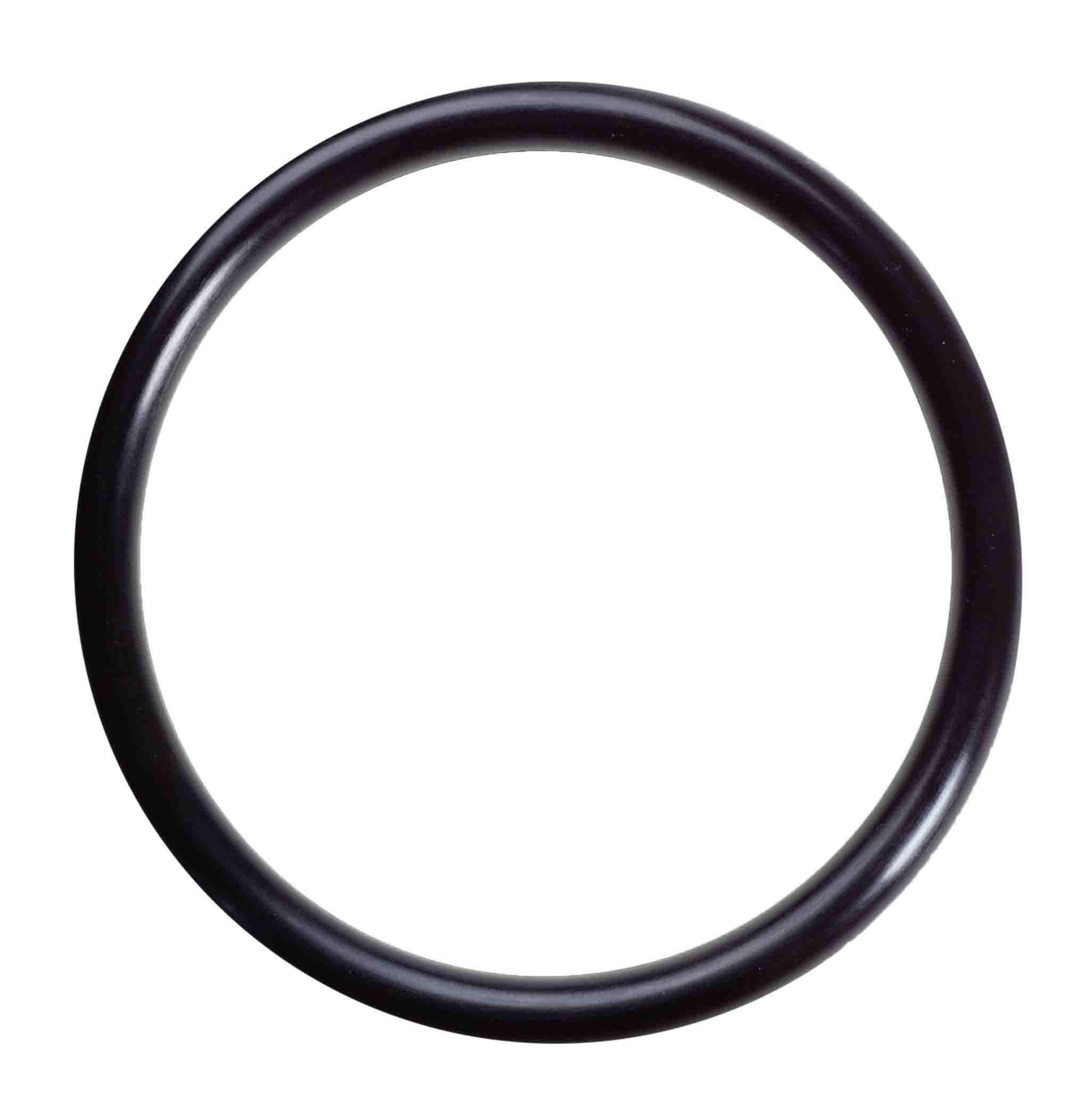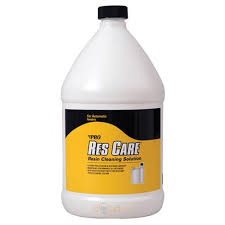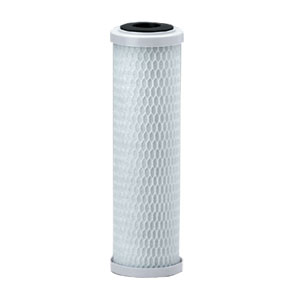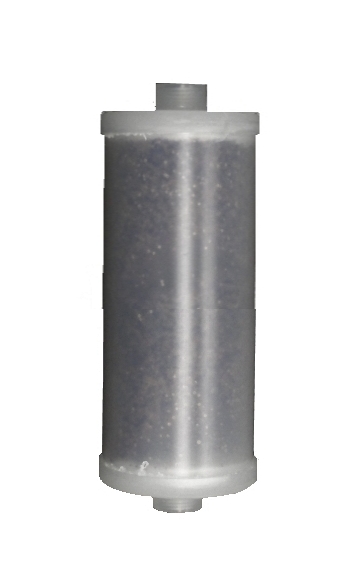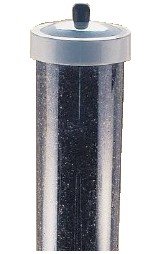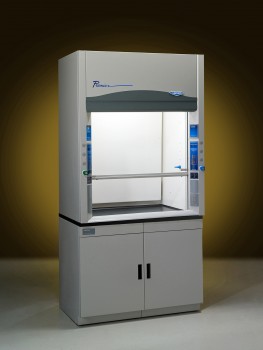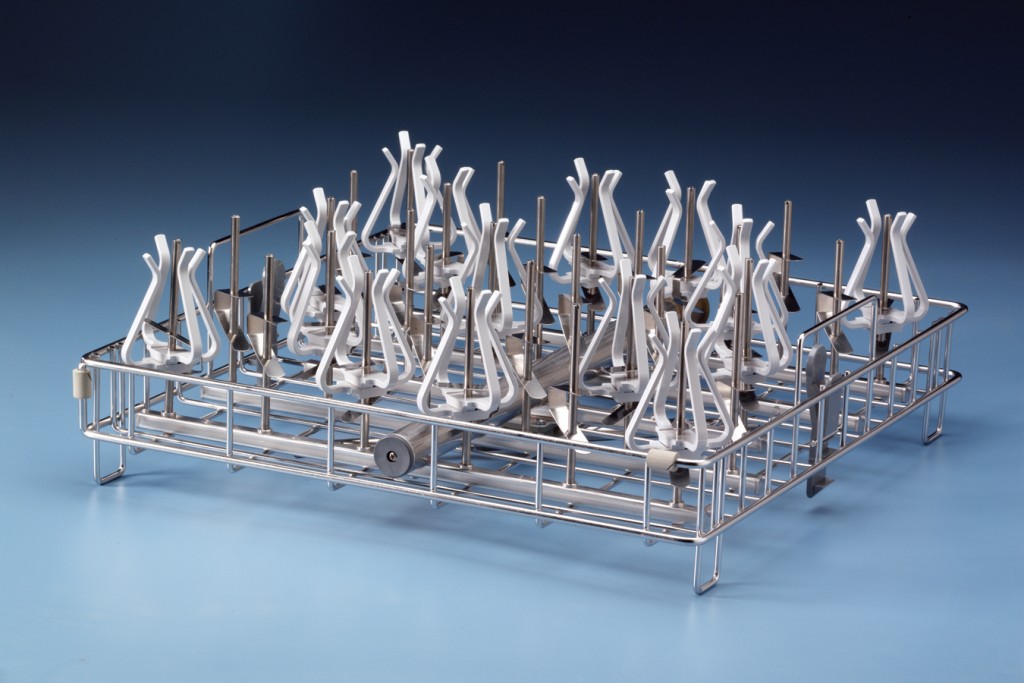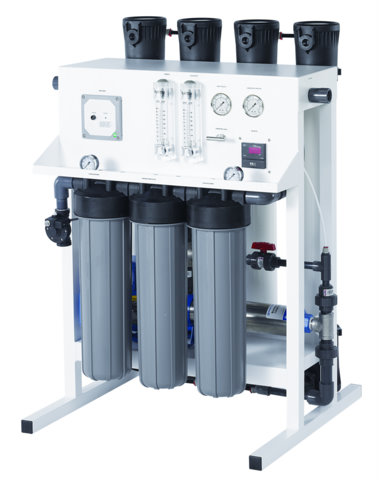|
Celebrating 33 years providing high quality products and advice.
|
| Our Local Time Is 4:42:31 PM. |
| Call us at 818-786-0600. We are here to help! |
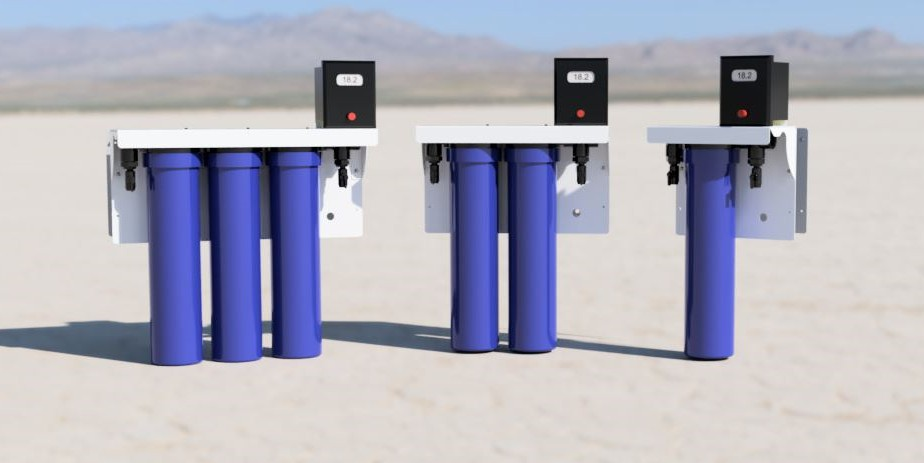 |
ON SALE NOW
Introducing the Polaris Lab Water Systems
High Purity Water Made In The USA.
Click here for more info. |
Radon and Drinking Water from Private Wells
What is radon?
Radon is a radioactive gas. It occurs naturally and is produced by the breakdown of uranium in soil, rock, and water. It can also dissolve into our water supply.
How can I be exposed to radon?
Radon typically moves up from the ground to the air and into your home through cracks in the foundation. Radon gas can also enter the home through well water. As you shower or use your well water for other household tasks, the gas can be released from the water into the air.
Where and how does radon get into drinking water?
While most radon-related deaths are due to radon gas accumulated in houses from seepage through cracks in the foundation, 30 to 1,800 deaths per year are attributed to radon from household water. Showering, washing dishes, and laundering can disturb the water and release radon gas into the air you breathe.
What are the symptoms of radon exposure?
Drinking water that has high levels of radon may be a health risk, but breathing air high in radon concentration is more harmful to your health. Breathing in radon gas over a long period of time can increase your risk of getting lung cancer. Drinking water contaminated by radon may increase your chances of developing stomach cancer.
What should I do if I have concerns about radon exposure?
See your health care provider to discuss your concerns.
How is radon exposure diagnosed?
Before you test your water for radon, you should test the air. If the indoor radon level is high and you use groundwater, test your water. If the radon level is low in the air, there is no need to test your water. Test results are expressed in picocuries of radon per liter of water (pCi/l). In general, 10,000 pCi/l of radon in water contributes roughly 1 pCi/l of airborne radon throughout the house. The U.S. Environmental Protection Agency (EPA) currently advises consumers to take action if the total household air level is above 4 pCi/l.
What is the treatment for radon exposure?
For waterborne radon, a simple step is to make sure your bathroom, laundry room, and kitchen are well ventilated. If your well water only has moderate levels of radon, this may adequately reduce your exposure to waterborne radon. However, if your well has high levels of radon, you may need to use water treatment devices such as granular activated carbon (GAC) units and home aerators.
How do I remove radon from my drinking water?
Radon can be removed from water by using one of two methods:
Aeration treatment—spraying water or mixing it with air and then venting the air from the water before use, or GAC treatment—filtering water through carbon. Radon attaches to the carbon and leaves the water free of radon. Disposing the carbon may require special handling if it is used at a high radon level or if it has been used for a long time.
In either treatment, it is important to treat the water where it enters your home (point-of-entry device) so that all the water will be treated. Point-of-use devices such as those installed on a tap or under the sink will only treat a small portion of your water and are not effective in reducing radon in your water. It is important to maintain home water treatment units properly because failure to do so can lead to other water contamination problems. Some homeowners use a service contract from the installer to provide carbon replacement and general system maintenance.
Revised Summer 2003
http://www.cdc.gov/ncidod/dpd/healthywater/factsheets/radon.htm
|
Images are representative of the products. Images may or may not be of the actual product. If it is important e-mail us for an actual image if available.
* Flat Rate UPS shipping when able to ship via UPS and is in the USA excluding Hawaii and Alaska.
Larger Items may not be able to ship via UPS, in that case freight charges will be quoted seperately.
International shipping will be quoted after the order is placed. You will have the opportunity to cancel before we finalize your order.
Terms and conditions
Credit Application
Privacy
Policy
List All Products
|



